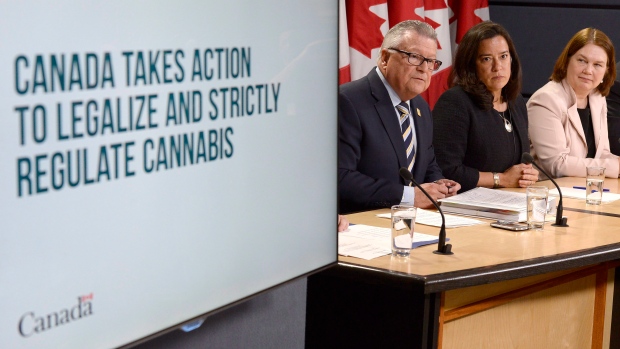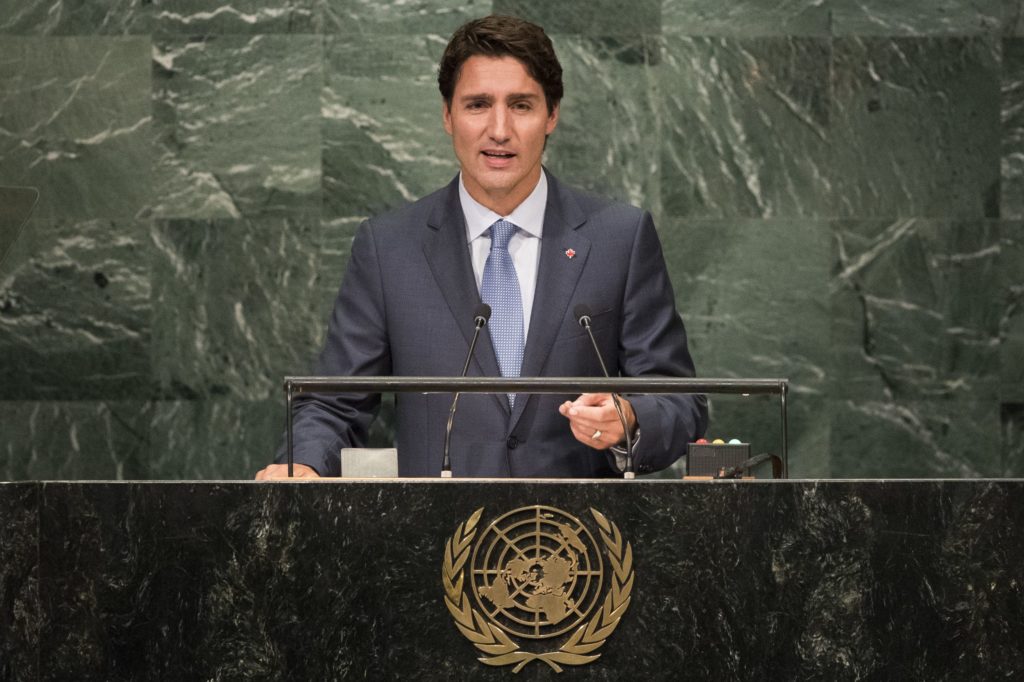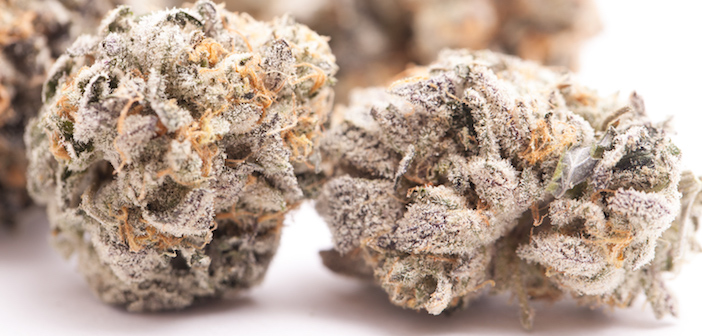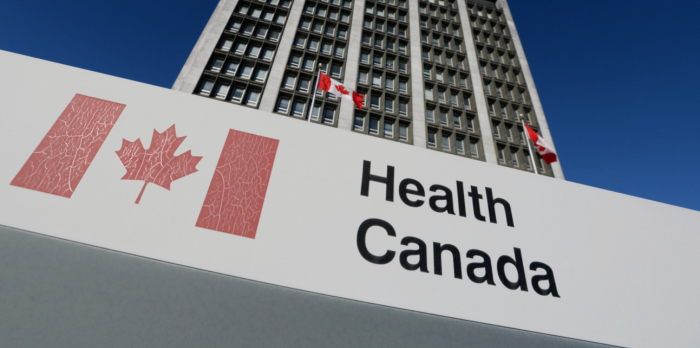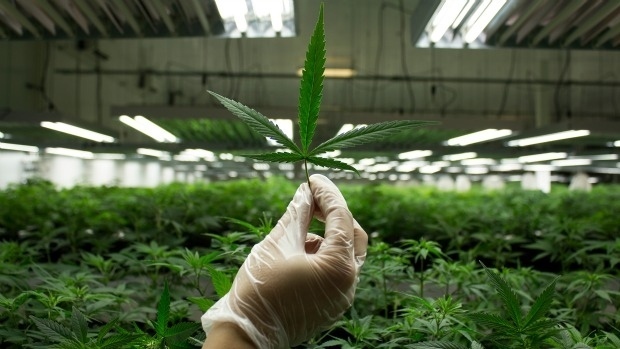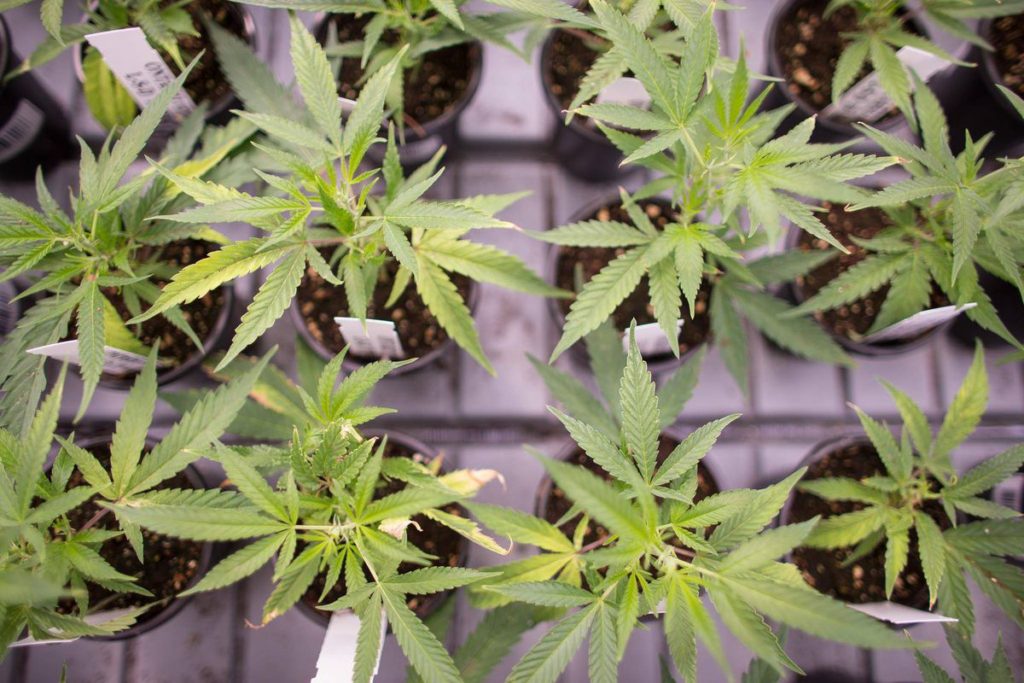Canada made history last night after passing a bill to legalize recreational marijuana, which puts Canada on track to become the first G7 country to repeal cannabis prohibition. The bill — which was introduced last April by Prime Minister Justin Trudeau’s government — passed by more than a two-to-one margin as 200 members of parliament voted in favor of the legislation while only 82 opposed it.
Supporters included Trudeau’s Liberals as well as the NDP and Elizabeth May of the Green Party.
Canadians won’t be able to celebrate by lighting up just yet though. The bill won’t come into law until the Senate has signed off on it. And if you’re getting impatient with the process, you’re not the only one. Prime Minister Trudeau’s point-man on pot has told the upper chamber not to drag their feet on the legislation.
“The Senate will bring its sober reflection to this bill and I think it’s really important to help us get this right,” Parliamentary Secretary Bill Blair told CTV earlier this month. “But we also expect to work as diligently as everyone else in the country has and in recognition that delay is unacceptable.”
That’s because the status quo is bad for public health, Blair explained. While campaigning for legalization during the 2015 election, Trudeau repeatedly stressed that prohibition had failed to eliminate the black market for marijuana and to keep cannabis away from kids. The prime minister echoed those remarks again yesterday after the bill was passed.
His government hopes to accomplish both of those goals through legalization, which will take effect by July 2018 if the Senate is onboard.
The Cannabis Act
In its current form, Bill C-45 (‘The Cannabis Act’) would repeal prohibition for adults, setting the minimum age to buy marijuana at 18, but each province and territory will get the final say over the legal age in their jurisdiction. The bill allows individuals to possess up to 30 grams of marijuana at a time. And they can grow up to four plants in their dwelling (as long as the province okays home growing).
The provinces and territories will also determine where and how dried marijuana and cannabis oil is sold in their jurisdictions. Selling cannabis edibles like brownies and cookies isn’t part of the current bill, but it is expected to be brought into the legalization framework within a year of repealing prohibition. Each region will also get to decide their own tax scheme, although the federal government plans to impose an excise tax of $1 per gram of cannabis on sales up to $10, and a 10 percent tax on sales over $10.
Bill C-45 also contains numerous penalties aimed at eliminating the black market for marijuana. Selling marijuana without a license, exceeding the possession limits, advertising cannabis and buying illicit cannabis products are all violations of the law that come with punishments ranging from fines to imprisonment. And any crime involving a minor is subject to some of the harshest punishment. Adults caught selling marijuana to minors face a maximum sentence of 14 years in prison.
For more on the bill, click here.
Provincial Update
Bill C-45 makes Canada the second country to legalize recreational marijuana (after Uruguay). Although the law isn’t expected to go into effect until July 2018, most provinces have already released draft regulations for what their regulations and retail markets will look like. Here’s a breakdown from coast to coast.
British Columbia: B.C. hasn’t announced its regulations yet, but it’s expected that they adopt a hybrid model that allows private cannabis retailers to operate alongside a crown corporation, which is the same way the province handles alcohol sales.
Alberta: Alberta plans to sell recreational marijuana at privately operated stores that will be overseen by the Alberta Gaming and Liquor Commission. The province will control online sales through a government website. The legal age will be set at 18 — the minimum age for purchasing alcohol in the province.
Saskatchewan: Saskatchewan is expected to release their regulations sometime during the winter of 2018.
Ontario: Canada’s most populated province plans to open 40, provincially-operated cannabis stores next year, which will grow to 150 crown outlets by 2020. They have no plans to allow private retailers. The legal age will be set at 19, which is the same minimum to buy alcohol in Ontario.
Quebec: Le belle province plans to sell recreational marijuana at the Société Québécoise de Cannabis (SQC), a provincially-owned corporation that will be overseen by Quebec’s liquor control board (the SAQ). The legal age will be set at 18, which is the same minimum to buy alcohol in the province. And unlike other regions, Quebec plans to prohibit home cultivation.
New Brunswick: New Brunswick plans to sell recreational marijuana in provincially owned retailers overseen by NB Liquor. The legal age will be set at 19, which is the same minimum to buy alcohol in New Brunswick. The province will allow residents to grow marijuana at home, but the government’s proposed bill would require them to keep their plants and the rest of their stash locked up in a container or a room — much like with firearms.
Nova Scotia: Nova Scotia plans to release their regulations by the end of 2017.
Prince Edward Island: PEI plans to review input from the public and local stakeholders while developing regulations over the winter of 2018.
Newfoundland and Labrador: Canada’s easternmost province plans to license private retailers that will be regulated by the Newfoundland and Labrador Liquor Corporation (NLC). People living in remote regions of the province will also be able to purchase recreational marijuana online or at select NLC locations. The legal age will be 19, which is the same minimum to buy alcohol.
Yukon: The Yukon plans to have at least one, provincially run cannabis store open for business by July 1, 2018. But most Yukoners will likely have to order their cannabis online. The territory’s government plans to oversee the importation, warehousing and transportation of marijuana, but they are considering allowing private retailers to distribute it alongside a crown corporation. The legal age will be set at 19, which is the same minimum age to purchase alcohol.
Northwest Territories: The Northwest Territories plans to let individual communities decide whether to uphold or repeal marijuana prohibition through public plebiscites, which are also used to determine whether or not to allow alcohol in their jurisdictions. Retail sales will be handled by the NWT Liquor Commission, which will stock marijuana alongside liquor at outlets while offering an online mail-order service for remote regions. The legal age will be 19, which is the same minimum for purchasing alcohol in the territory.
Nunavut: Nunavut has also finished their public consultations but draft regulations haven’t been released yet.
credit:420intel.com

